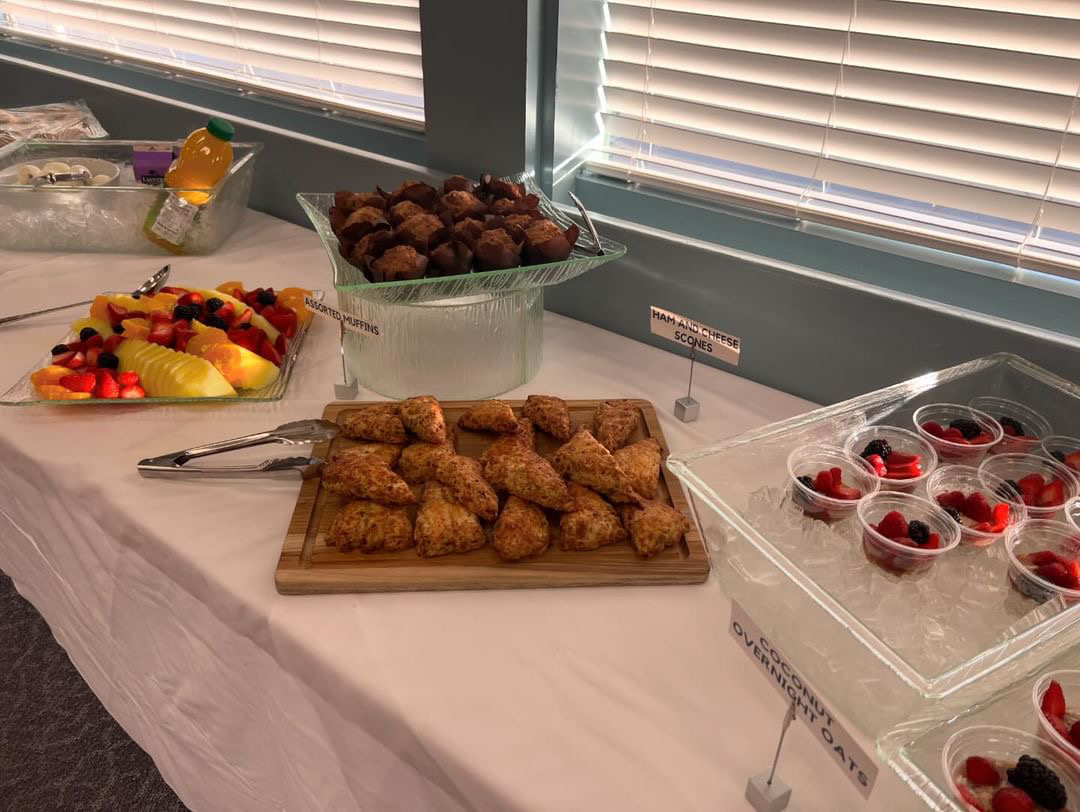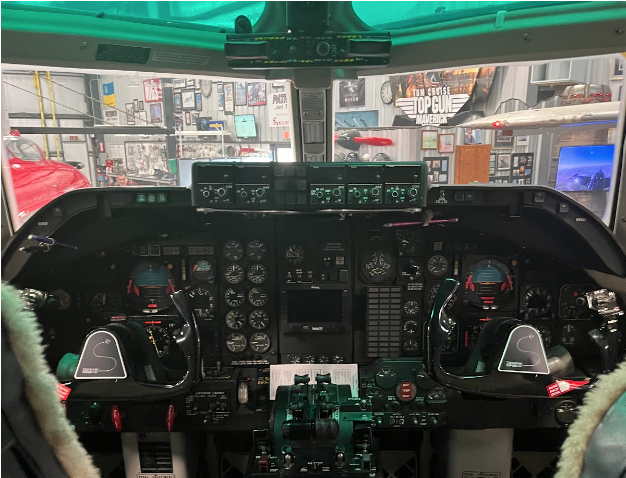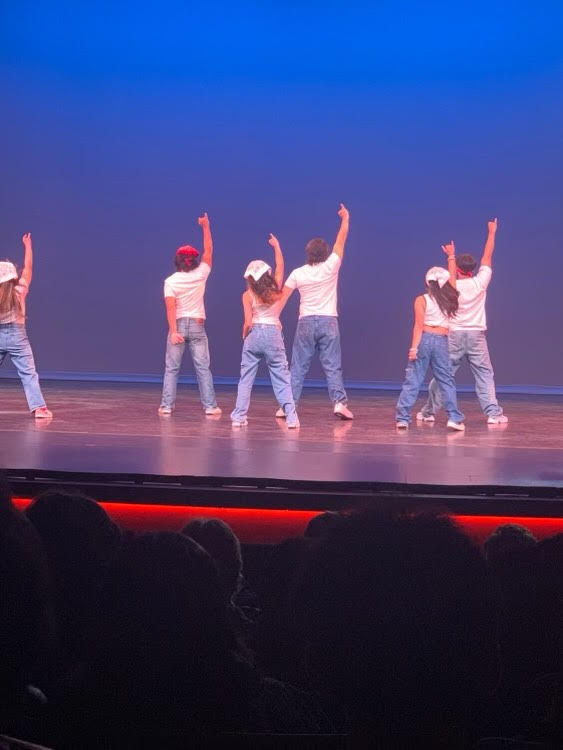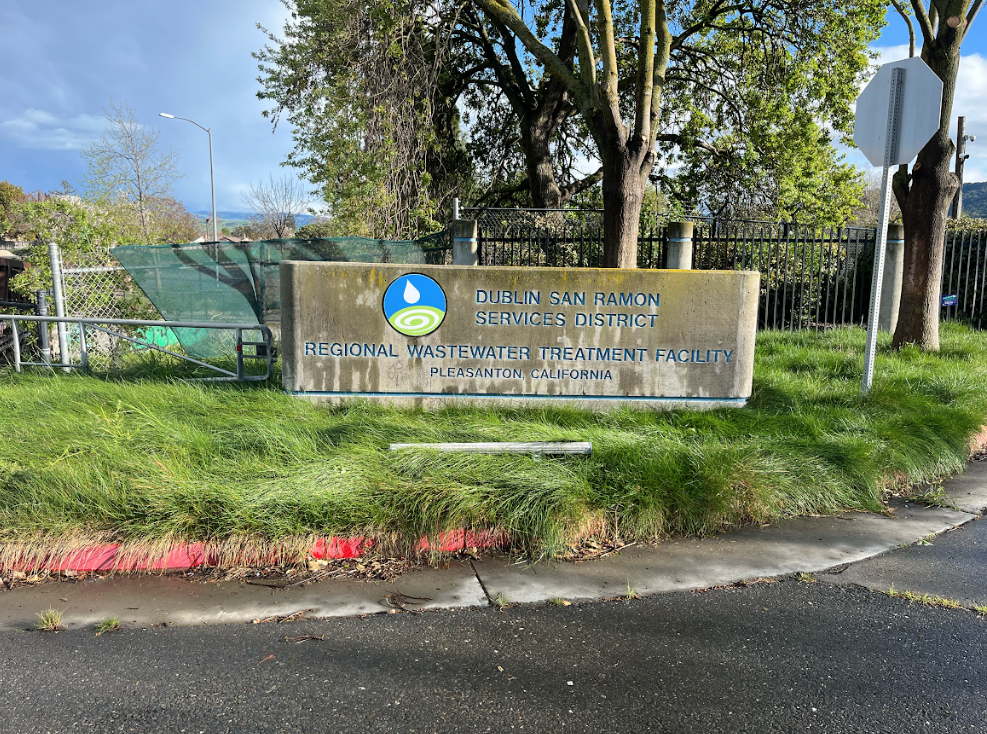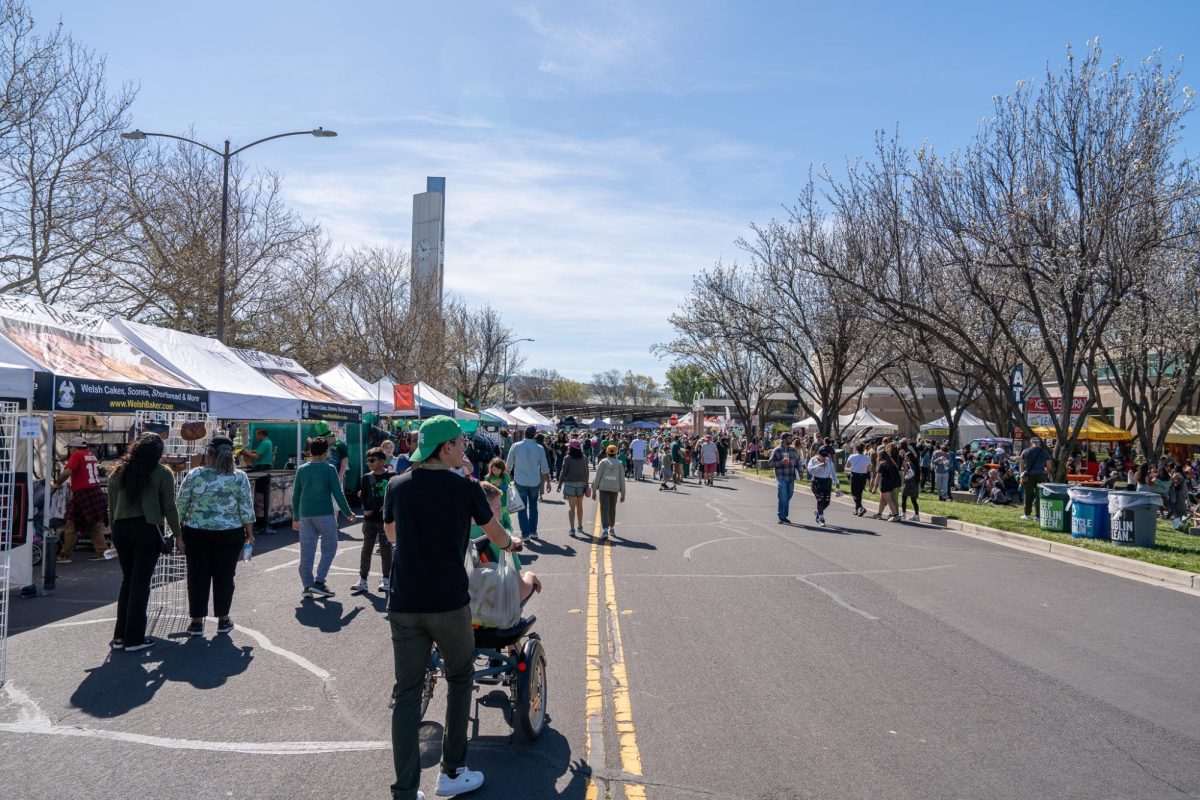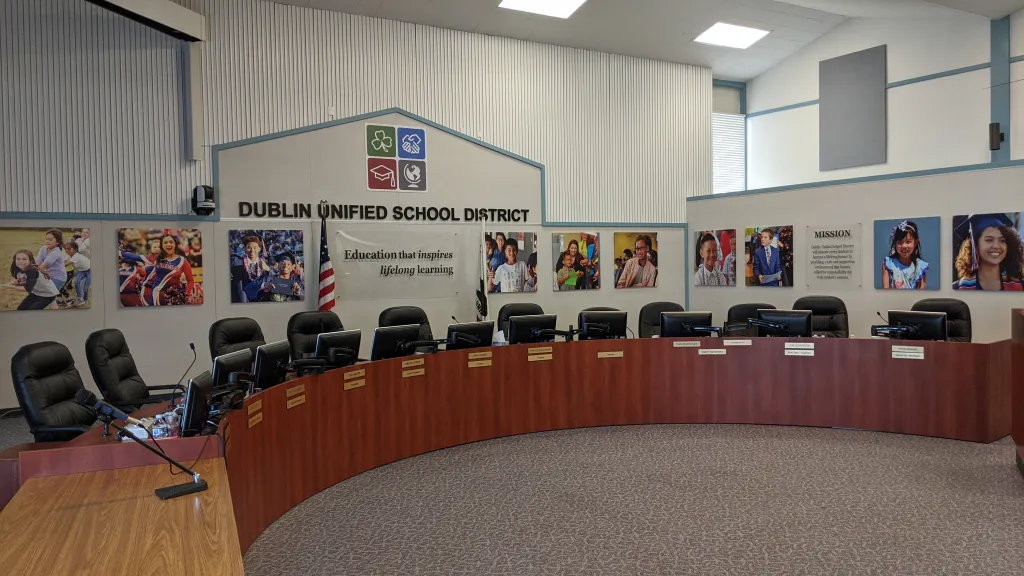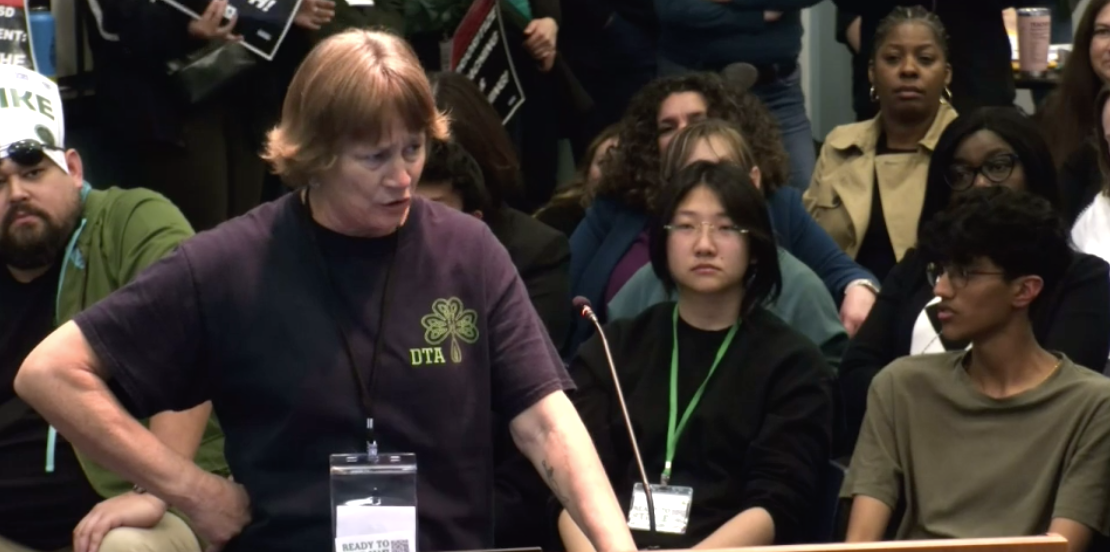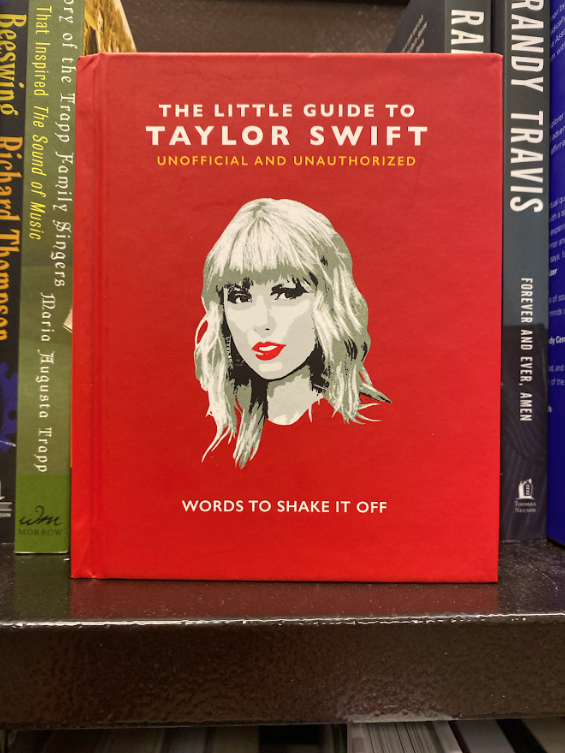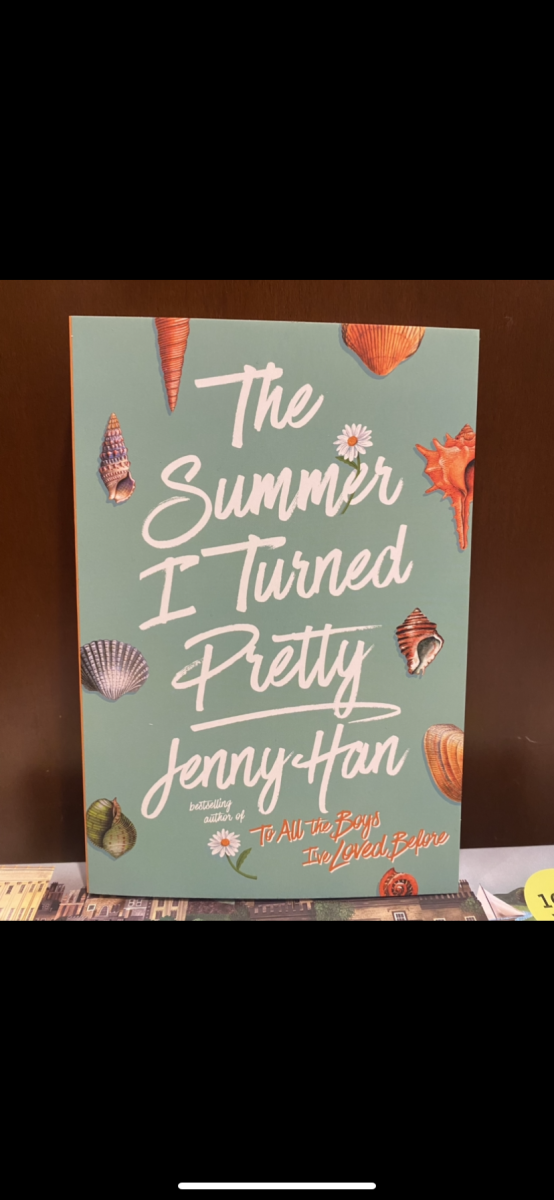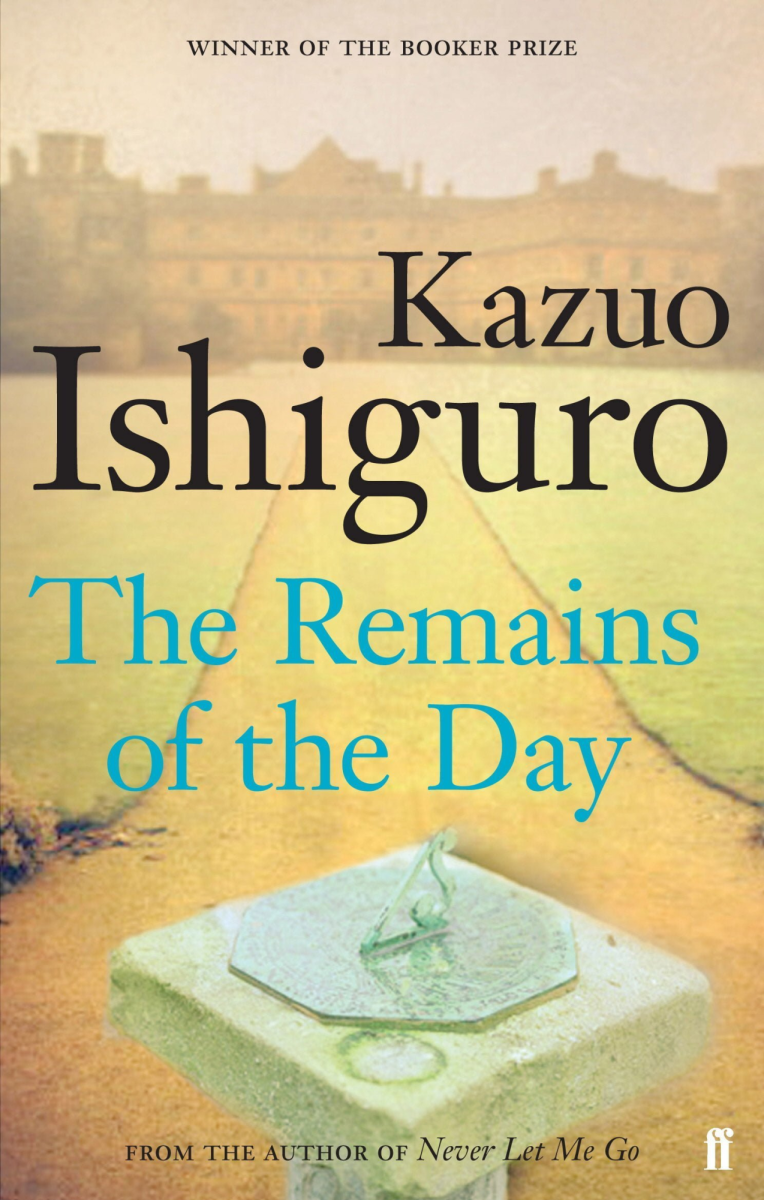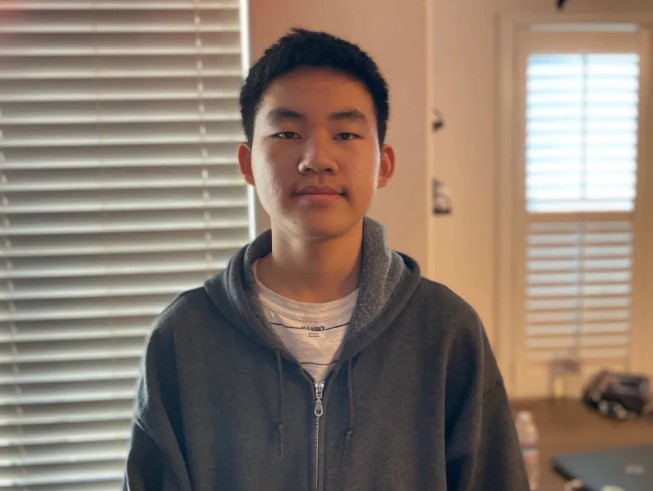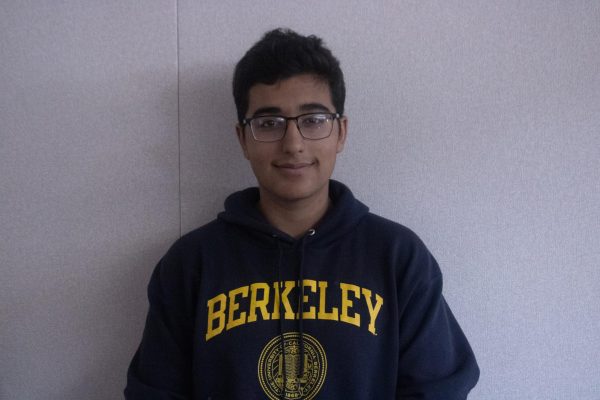Eric Xiao is a junior at Dublin High School, who wants to pursue a career along the lines of math and computer science in the future. As such, he’s prioritized classes like AP Calculus BC and AP CSA, while working on a number of coding initiatives around the city. He has actively pursued competition math for the past six years and has used his position on the executive board of the DHS Math Club to increase the accessibility to competition math for all. We recently sat down with Eric Xiao to discuss his journey with competition math.
Mehra: What inspired you to get into competition math?
Xiao: I started with competition math in elementary school with MOEMS (Math Olympiad for Elementary and Middle School). I then continued by joining the MATHCOUNTS Club at my middle school, and have continued to participate in competitions ever since. I have participated in MOEMS, Math Kangaroo, MATHCOUNTS, AMC, AIME, Purple Comet, BMT (Berkeley Math Tournament), and SMT (Stanford Math Tournament). I have had a lot of experience with team based math competitions. My first time doing a team math competition was the team round for MATHCOUNTS. The main skill I learned from this was how to split up problems according to the team’s strengths. Purple Comet is in a form similar to the MATHCOUNTS Team Round, and our team of six split into pairs to do problems togethers. The Berkeley and Stanford Math Tournaments were in a different format, half proof based and half problem based. The proof based section required us to work together and switch between problems dynamically, while the problem section was more like the other tournaments. Doing competitional math with a team is definitely pretty fun, and requires a lot of communication. What I like most about them is that if there’s a problem from a subject you aren’t strong in, you can just give it to another team member.
Mehra: What’s the most interesting part of competition math?
Xiao: I think the most interesting part of competition math is how you aren’t just applying a formula repetitively like in school math. The challenge in math competitions is finding a method to solve the problems, which requires critical thinking and problem solving. The proof rounds in competitions like BMT and SMT also differ significantly from what we normally do in school and are quite fun to figure out.
Mehra: What are some effective strategies for approaching competition math?
Xiao: There are a few strategies to keep in mind for all math competitions. First of all, time management is extremely important. If it is a shorter test, like the AMC 10/12, you want to do as many problems as possible in that time period, while also keeping a very high accuracy. This means you need to pick and choose which problems you can do quickly. The problems are usually ordered from easiest to hardest, but some problems are misplaced, so you also have to decide whether or not to look at the last few problems. You should also sometimes skip easier problems from subjects that you are weaker at, and instead try to solve more difficult problems from a subject you are more confident in. If it is a longer test, like the AIME, which is 3 hours long, you have to pace yourself to make sure you don’t burn yourself out.
Also, some general tips are, if you look at a problem for a minute and still have no idea how to approach the problem, just skip it, and if you are stuck on a problem for more than a few minutes, skip it and come back later if you have time. To work out a problem that you don’t immediately see a method to solve, I would recommend doing different things for different subjects. For algebra, just manipulate expressions in ways that seem useful, and you might get somewhere. For counting and probability, try to find the right way to categorize the problem, and if all else fails, just use casework. For number theory, try looking at the problem from different angles, and you might find something interesting. Finally, for geometry, remember your formulas, draw random lines connecting important looking parts, and if all else fails, just coord bash.
Mehra: What were your goals for competition math this year?
Xiao: For the AMC this year, my goal was just to qualify for the AIME (American Invitational Mathematics Examination). I started studying as Summer Break drew to a close. My main tool for studying was Alcumus, a tool on AoPS that gives math problems of varying topics and difficulties. My goal was to do at least 5 problems on Alcumus a day. Then, a few days before the contest began, I switched my focus to memorizing formulas (especially geometry). And the day before the test, I made sure to get a good night’s sleep. The main challenge is just finding time to study, since I’m in my junior year, and don’t have a lot of free time.
Mehra: Do you have any advice for anyone trying to get into competition math on how they can start and continue to get better?
Xiao: The main advice I have is just to use online resources. There are a ton of resources online, such as “Art of Problem Solving (AoPS). ” You can find a ton of problems of various difficulties and subjects on Alcumus, and also take classes on AoPS. A book that goes by the same name, written by Sandor Lehoczky and Richard Rusczyk is also a great resource to study.
Mehra: Do you plan to pursue math beyond high school?
Xiao: I do plan to pursue mathematics in college, or at the very least self study it a little. I’m definitely interested in learning more beyond what is taught in high school. However, I plan on majoring in CS, so I probably won’t be spending all that much time on math after high school.
Mehra: I’ve heard on the executive board for the DHS Math Club? Can you explain what the club is and what you’re currently working on?
Xiao: Yes, I am currently the VP of the Math Club. The Math Club is a club for anyone interested in math or looking to further their understanding of various branches of math. At the club, we have a focus on competition math, especially the AMC (American Mathematics Competition), but we also discuss other topics as well. We host the AMC 10/12 every year and also the AIME (American Invitational Mathematics Examination) for those that qualify.
If you are interested in learning more about competition math, you can explore further by joining the math club at Dublin High by reaching out to [email protected]. They will be hosting bi-weekly meetings with fun lectures as well as tips and tricks for math competitions like the AMC. No prior experience is required to join as they will prepare everyone across all skill levels to do their best!
If you’re interested, check out their club at https://discord.gg/bTv2rV2Jsc

